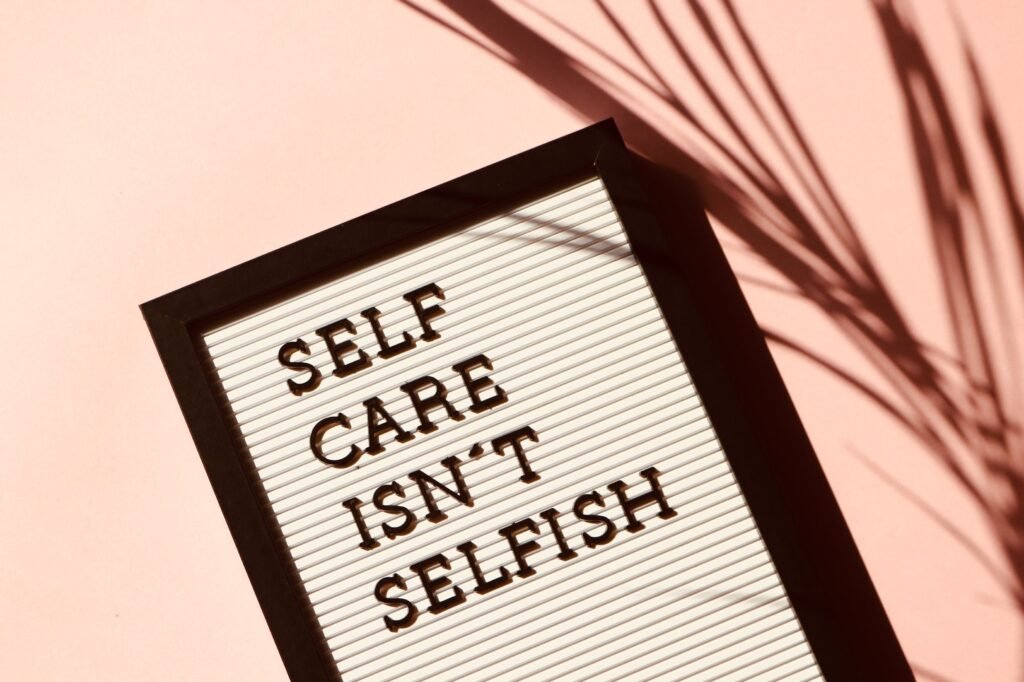SPRG Ethical Framework
The SPRG Ethical Framework provides guidance on ethical conduct and decision-making in a way that enables arrival at a ‘best judgement’ in professional contexts for Counsellors, Psychotherapists, Coaches, and other allied professionals working with altered states of consciousness. Based on a non-hierarchical governance model, the framework is crafted through ongoing collaboration and dialogue with practitioners and community stakeholders. Based on the principles of the professional framework, the SPRG would also like to develop specific ethical guidance for use by individuals in non-professional contexts.
The SPRG Ethical Framework acknowledges that mistakes and lapses in clinical judgement can sometimes occur. We think that what matters most is how practitioners respond to mistakes and lapses in judgement, and repair any damage caused to others. Within the ethical framework there is no intention to bully, belittle or control, even when its principles are expressed in the strongest terms.
We believe that high quality ethical practice is grounded in the values of honesty, integrity, and transparency. The principles of the our ethical framework are intended to be used by professional practitioners working in linked groups in order to offer each other mutual support, challenge, and accountability. The framework can also be used to guide best practice decisions in Training Centres and Retreats, as well as in Organisations conducting psychedelic research. As an authentic model of best practice and accountability, the ethical framework is operationalised through open committed relationships between groups of peers.
Whilst the SPRG is committed to continued development of its ethical framework, it does not intend to position itself as alternative governing body with regulatory powers over Counsellors, Psychotherapists, Coaches, and other allied professionals working with altered states of consciousness. Rather, the SPRG intends to work with individual practitioners and community stakeholders to produce an ethical framework optimised for working with altered states of consciousness that can be adopted by groups of practitioners, as well as by existing or future governing bodies.
The SPRG team would like to thank both Roy Turner, Jenny Nicholson and other Members of the Independent Practitioners Network (IPN) for their support and constructive dialogue in relation to the SPRG Ethical Framework. If you would like to contribute to the future development of the SPRG Ethics Framework, please visit our Working Group page for details.
Fundamental Principles
A summary of the six fundamental principles of the SPRG Ethical Framework is provided below.
Peer-based Accountability and Support
Being part of one or more therapeutic communities does not always guarantee that a practitioner will feel connected or supported by others within those communities, or have appropriate levels of accountability. This principle discusses how practitioners can connect and form relationships with trusted peers and form working groups of between 4 and 6 people in order to provide mutual support, challenge, and accountability. These groups are called Accountability and Support Pods or ASP’s for short.

Wellbeing and doing no harm
This principle explores how practitioners can centralise the welfare clients and commit to providing a high quality, ethical experience which avoids causing disproportionate harm, including harm caused through the use of inappropriate touch and sexual contact. Many therapeutic practices involve some degree of short-term distress (e.g. contact with thoughts and emotions that might be difficult), so require the use of informed consent and balancing the relative benefits and risks involved when offering a professional service. Any distress should not be disproportionate to the benefits of the experience.

Being trustworthy, congruent and responsible
In this principle we discuss how practitioners can build trust with clients by providing effective communication, feedback, and transparency in working practices. This includes being honest and clear with clients about professional boundaries within the relationship. Boundaries provide the container for a professional service, and promote trust and clarity about the purpose and nature of the relationship. Trust builds relationships, relationships drive action, and action creates change. Change moves at the speed of trust.

Respect for personal autonomy
This principle discusses how practitioners can value each client as unique and acknowledge their right to dignity and self-determination. This includes being shown dignity and respect for making lawful decisions when receiving a professional service, as well as the need for practitioners to take all reasonable steps to ensure protection of client confidentiality and privacy. Practitioners should also ensure they do not impose their own values, beliefs and wants on clients, particularly if working with altered states where a person may be suggestible than normal. Also, that services offered are consistent with the welfare and expressed wishes of clients.

Justice
This principle discusses how practitioners need to be aware of their own judgements and lived experiences when working with clients and how these factors impact the professional relationship. Also discussed is how practitioners should take steps to provide a service that is not restricted by their own prejudice, and limitations of experience (i.e. demonstrate a fully developed, professional awareness of diversity issues). Practitioners should also commit to avoiding cultural misappropriation of knowledge and practices deriving from indigenous practices and where applicable commit to studying the history of any practices and techniques they use.

Integrity and self-responsibility
This principle discusses how practitioners must be honest, truthful, and as accurate as possible in their work with clients and peers. Practitioners are responsible for looking after their own personal needs and health, and should only commit to offering a service if it falls within their competence, and if their health and wellbeing permits. Practitioners should know the limits of their competence, and must commit to ongoing professional development, supervision, guidance, and continuing education to support and develop their skills and knowledge.

When available, a full copy of the current version of the SPRG ethical framework can be downloaded HERE.
